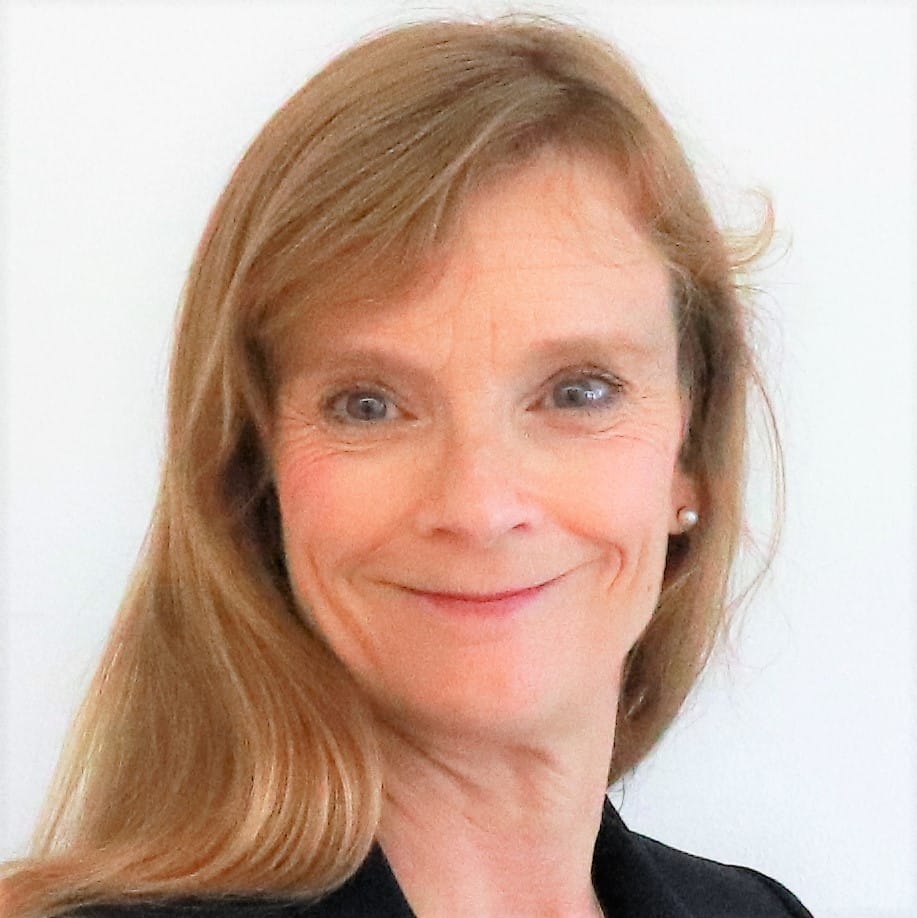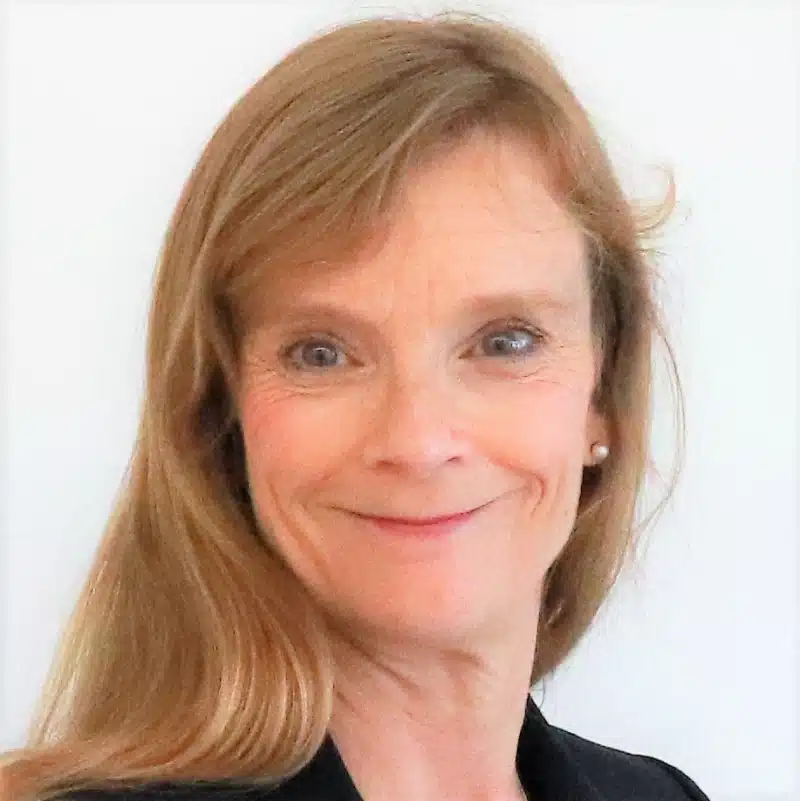A conversation with Icon’s Group Director Molecular Oncology, Julie Crouch
With the patient at the heart, Julie Crouch has helped shape the future of cancer care in Australia, driving innovation in diagnostics and ensuring patients can receive world-class treatment closer to home. She shares her extensive career in nuclear medicine and work on advancing diagnostic and treatment options in Australia and abroad.
Julie had a different pathway to many when pursuing a medical career. She grew up in the UK, and was quite academic during her early years, but in her final years of school, Julie chose to leave and get a job. It was a comment from her new employer about returning to study that encouraged her to apply for a science scholarship with the NHS – rotating in different medical fields before choosing nuclear medicine.
“I’m grateful I took up the opportunity to return to study – the scholarship gave me so many opportunities to learn and grow – and set the framework of a successful career in healthcare,” Julie explained.
“I’ve had a varied career which has allowed me to contribute to the nuclear medicine field.”
Julie has left her mark on the Australian market – setting up the first Positron Emission Tomography (PET) and cyclotron service in Western Australia which was a great team initiative in the public system, a founding director of Oceanic Medical Imaging WA and setting up large theranostics programs globally.
Julie joined Icon in 2022, being drawn in by our culture and mission.
“I was very intrigued by the role in molecular oncology, but what drew me to Icon was the culture and the strong focus on patient care,” Julie exclaimed.
“There is also such a strong focus on listening to clinical staff and including their voices when choosing the best options for patient care – which is how it should be.”

